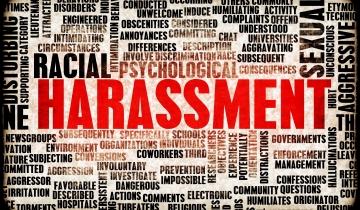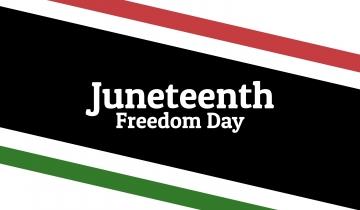Chicago Mayor Lori Lightfoot and the Commission on Human Relations (CHR) has amended the Chicago Human Rights Ordinance to include additional protections for victims of sexual harassment. Portions of the amendments become effective June 4 and some become effective July 1, as noted below, and are part of the mayor’s plan, titled, “Citywide Strategic Plan to Address Gender-based Violence and Human Trafficking.”
Effective June 4
- Changes to definitions: Two notable changes are found in the terms for sexual harassment and sexual orientation. The term sexual harassment will expand to include sexual misconduct, addressing behavior that involves coercion, abuse of authority, or misuse of an individual’s employment position. The second change broadens the definition of sexual orientation from “the actual or perceived state of heterosexuality, homosexuality, or bisexuality” to “a person’s actual or perceived sexual and emotional attraction, or lack thereof, to another person.”
- Notification to offenders: Within 10 days of receiving a complaint, the CHR must provide anyone against whom a complaint has been filed a copy of the complaint, extended to 30 days in cases of sexual harassment. The additional time is intended to help mitigate claims of retaliation, such as denial of reasonable accommodation request under the Illinois Victim’s Economic Security and Safety Act (VESSA).
- Increased statute of limitations: Victims of sexual harassment or misconduct will have an additional 65 days—from 300 to 365 days—to report violations of discrimination that fall under the umbrella of the ordinance.
- Penalties and limitations: The ordinance also includes an increase to penalties for violations. Each offense carries penalties of between $5,000 and $10,000 (previously between $100 and $1,000). Each additional day a company is found to be in violation will be considered a separate and distinct offense.
Effective July 1
- Company policy changes: A written policy must be provided to all employees, during the first calendar week of employment, in their primary language. (The CHR will provide model policies written in Spanish, Polish, simplified Chinese, Arabic, and Hindi.) The policy must include the following items:
- The complete, new definition of sexual harassment.
- A statement that sexual harassment is illegal in Chicago.
- A statement addressing the requirement for all employees to participate in annual sexual harassment prevention and training.
- Examples of conduct considered prohibited sexual harassment.
- Details on (i) how an employee can report an allegation of sexual harassment (including, as appropriate, instructions on how to make a confidential report, with an internal complaint form, to a manager, corporate headquarters or human resources, or other internal reporting mechanism); and (ii) information about legal services, including governmental agencies, that are available to employees who may be victims of sexual harassment.
- A statement that retaliation for reporting sexual harassment is illegal in Chicago.
- Training requirements: Along with policy and posting requirements, 1 hour of mandatory training must be provided to all employees annually, with 1 additional hour required for supervisors and managers. (A compliant model training is provided by the Illinois Department of Human Rights.) All employees will also be required to participate in 1 hour of bystander training each year. Written records of all trainings must be retained by employers for at least 5 years, or the duration of any claim, civil action, or pending investigation related to the ordinance, whichever is longer. It is also recommended that all records related to the trainings be maintained to support compliance in the case of legal action. Companies that are unable to provide documentation to support compliance will be presumed in violation of the ordinance.
- Compliant postings: Compliance posters on sexual harassment prohibitions, created by the CHR and written in both English and Spanish, must be displayed.
Although the city of Chicago does not currently have all sample policies, postings, and training materials available, the information will be provided by the July 1 compliance date. Outreach materials, including an outreach flyer and the Chicago CHR notices (available in English and Spanish) are available to help businesses communicate the changes.
Employers are advised to review current anti-harassment, discrimination, and retaliation policies to comply with the new requirements prior to July 1. It is also advised that employers begin reviewing training and related record keeping procedures to ensure compliance and avoid potential violations.
Please contact MRA’s 24/7 HR Hotline at 866.474.6854 (866-HR-Hotline) or [email protected] for more information or with questions about complying with the ordinance.



